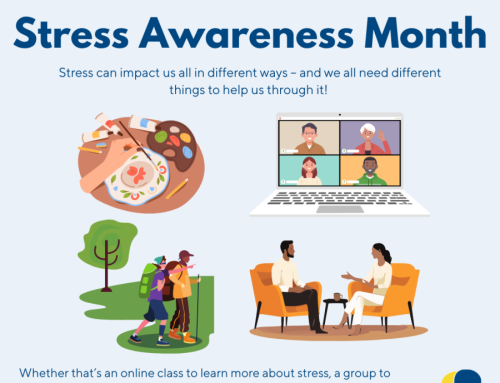Each year, on the 10th September, communities and organisations across the world unite to raise awareness and spread messages of hope on World Suicide Prevention Day. This year, our Touchstone colleague, Susan, has put together the following information to help raise awareness of suicide, its impacts and how we can create a world where fewer people die by suicide.
Please note: this blog contains references to personal experiences of losing a relative to suicide. Please take care when reading.
The Current Picture of Suicide and its Impacts
According to the World Health Organisation, an estimated 703,000 people a year take their life around the world. For every suicide, there are likely 20 other people making a suicide attempt and many more have serious suicidal thoughts. Many more people suffer intense grief or are otherwise profoundly impacted by suicide.
Each and every suicide is devastating and has a deep impact on those around them. The factors and causes that lead to suicide are complex and many. If I’d had an inkling that my sister was having suicidal thoughts and was making plans to end her life, I would have moved heaven and earth to get her the support she needed. It has taken me 2 to 3 years to finally acknowledge that she died by suicide. How I wish that she had confided in me about the torment that she was going through instead of leaving me with this continual and overwhelming guilt that I missed some kind of sign, along with the feeling of abandonment. Every life lost to suicide is a tragedy.
Creating hope through action
World Suicide Prevention Day is a time when we can spread a message of hope to others and openly discuss suicide to support people to get the help they desperately need.
‘Creating hope through action’, the current theme for World Suicide Prevention Day, aims to remind us that there is an alternative to suicide and inspire us to have the confidence to be a beacon of light to those in pain.
We need to speak openly about suicide, and take actions that, big or small, may give hope to people around us who are struggling. By encouraging understanding, reaching in, and sharing experiences, we can give each other the confidence to act.
Steps to support others
There are lots of steps we can all take to make change. Here are just some of those, encouraged by a range of organisations raising awareness for World Suicide Prevention Day:
Reach in to someone you know who might be struggling:
- Find a comfortable space and time to sit and be present with them without distractions.
- Use open questions, such as ‘How are things, I’ve noticed you don’t seem quite yourself?’ and tell them you care about them.
- Try to avoid giving your view of what’s wrong or what they should do or saying things that imply judgement like, ‘You’re not thinking of doing anything stupid are you?’
- You don’t need to have all the answers, so try not to feel pressured.
- If they share things with you, listen, stay calm and open, and be patient and kind. Patience can help build trust and encourage someone to open up.
Remember that bringing up the topic of suicide with someone will not make suicide more likely. In fact, it can be really helpful for a person just to have a safe space to open up and know that they are heard and not alone at a difficult time.
Words Matter
Talking about suicide should always be approached with care and sensitivity. Using non-stigmatising, non-judgemental and respectful language when talking about suicide will encourage open, safe conversations about suicide and its prevention.
Always avoid using the term committed suicide, as this can imply a sin or criminal act and can stigmatise the person who has died. My sister was neither sinful nor a criminal. It is my view that someone who dies by suicide does so as the only means in which to end their pain. Instead, it’s generally advised to use neutral and simple terms, such as ‘died by suicide’, which helps to neutralise the blame element.
Avoid speaking about suicide in a way that reinforces stereotypes, prejudice or discrimination against people with mental illness and be careful to avoid using descriptions of people that define or refer to them by a diagnosis they may have. Always think about the person and what they might be going through when talking about suicide. Act with compassion and respect for those who have died and those who have been bereaved.
Help spread the message
Get involved in activities that promote positive mental health, wellbeing, and suicide prevention.
Hope is important. Remember: people can, and do, get through times of crisis. A positive message of recovery and hope, alongside sharing info about available support, can be really helpful for others to hear.
We can all play a role in supporting people experiencing a suicidal crisis or those bereaved by suicide whether as a friend, as a colleague, or as a person with lived experience.
We can all create hope through action and be the light.
If you are struggling right now, please know there is always help available.
Always know you can reach out if you are feeling particularly low, sad, or hopeless. Help is available and sharing things with someone you trust can start to make things seem easier. Reaching out to talk with someone might initially feel scary. It’s okay if you can’t find the ‘right’ words: taking the first step and starting to talk about what’s going on for you can help things become clearer.
For more information on support available if you are struggling or feel you need to talk, please see our other World Suicide Prevention Day blog.





